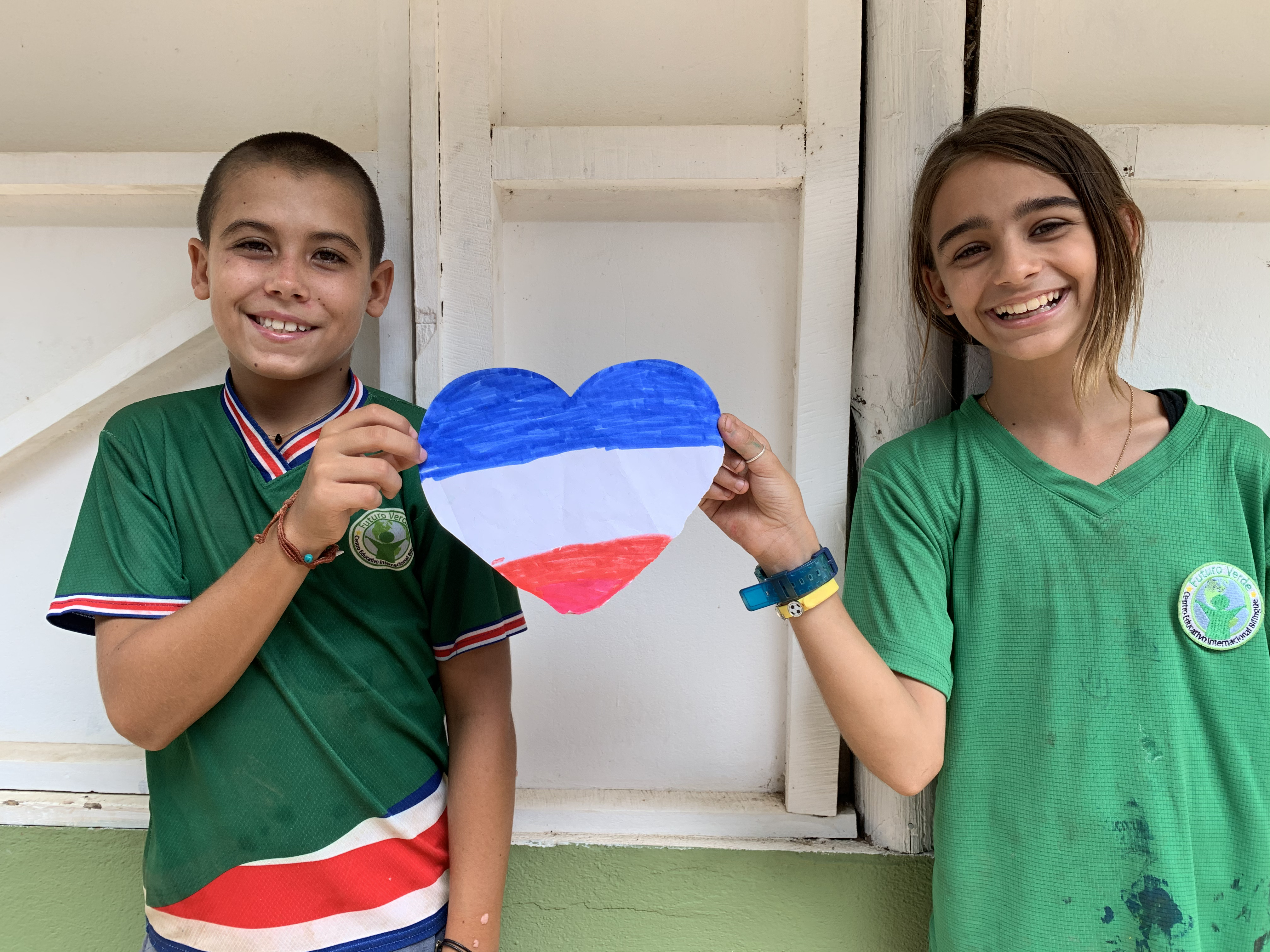
by Futuro Verde | Mar 4, 2021

By Melanie
The festival of the French language is celebrated on five continents. Why? It seems that 274 million people speak French, in France, Belgium, Quebec, in most African countries… with different accents! People everywhere use the same words and the same grammar. But it took twenty-five centuries to invent this language.
What are the origins of the French language?
The origins of the French language go back more than 2000 years. At that time, France was inhabited by Gallic tribes. Among them, they used the Celtic language to understand each other. In the year 51 BC, a great upheaval occurred in the land of the Gauls. The whole of Gaul was conquered by the Roman troops of Julius Caesar. As the Romans were fluent in Latin, this language became the official language of Gaul. Very proud, the Gauls have long been communicating among themselves in their official language. It would be a few hundred years before these two languages merged to form a new one. Do you know what they called this new language? French.
Who invented French?
Despite what one might think, the French language was not invented by a single person. Over the centuries that followed, the French language evolved slowly, at the pace of conquests and the opportunities of history. In the Middle Ages, more variants of French dialects were still spoken in the different regions of France. Because Paris became the capital of France in the 12th century, French should prevail throughout the region.
Although the French language is now defined by dictionaries and grammars, it continues to evolve. If ancestors are banished from the vocabulary, authors are invented to describe new reals.
What is Francophonie?
The Francophonie is part of a community of people who speak French. It is also all the countries or regions where French is spoken. In the world, 57 countries are French-speaking. Examples include Switzerland or Belgium, Quebec in Canada, Haiti or Madagascar. In 30 countries or regions, French is the only official language. It is used by politicians, in the media and taught in schools. This is the case in France, of course, but also in the French overseas departments and territories and in many African countries such as Benin, Burkina Faso or Côte d’Ivoire. In 26 countries, French is one of the official languages, but it is not the only one. In Switzerland, we speak French, German and Italian. In Canada, it is the official language of English. In the city of Pondicherry, India, French is the official language along with English and three Indian languages. There are also countries where French is not the official language, but is nevertheless used by their inhabitants. If you have been to Morocco or Algeria, you may have noticed that the people speak our language very well.
Why do we speak French outside France?
Most French-speaking countries or regions are former French colonies (see the dictionary of the day). This is the case, for example, of Senegal, Madagascar, Quebec, Haiti or Pondicherry. France occupied these countries at the time of the colonies and imposed its language there. After independence (these countries became autonomous), some of these countries continued to teach French in schools and to use it in their administrations. But there are also French-speaking countries that are not former colonies. Belgium, for example. In fact, France’s borders have not always been as we know them today. Throughout history, they have moved. France’s borders extended to the south of Belgium and the north belonged to the Netherlands. For this reason, the official languages of Belgium are French in the south and Dutch in the north.
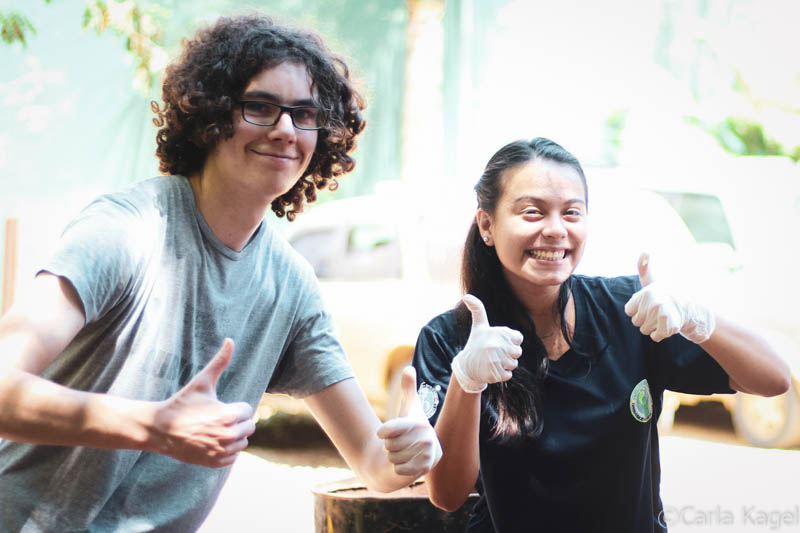
by Katie Chiaverini | Jun 16, 2019

Why send your child to camp? The benefits for your child will last much beyond the camp itself. The Model United Nations Institute highlights the many camp benefits which increase social skills and improve overall mental and physical health. A few of the most prominent include: learning from positive role models, the development of self-reliance and independence, and making new friends with people from different backgrounds. The Century Foundation also reports that “students’ exposure to other students who are different from themselves and the novel ideas and challenges that such exposure brings leads to improved cognitive skills, including critical thinking and problem solving.”
Another important aspect of academic summer camps is the preparation they provide for college and career life. MUN Institute reiterates that college admissions are growing more and more competitive and this then continues into the job search. Camps help students gain new skills that universities and employers are looking for, including communication abilities, critical thinking skills and motivation to focus on specific subject areas (Walsh, 2018). In our Futuro Verde College Counseling course, we specifically work on identifying hard (quantifiable) and soft (personal) skills, developing and strengthening them throughout the high school years.
Many of our very own Futuro Verde students have had the opportunity to attend camps or will be doing so in the future. Two of our students have recently returned from a music camp in Southern United States. When asked about the highlights of their experience…the first thing both students mentioned was the opportunity to meet new people from different cultures. They also both recognized the challenge of staying with a home-stay family but how it was a positive experience that made them grow as individuals. For one student, she found it a bit of a struggle to speak English the entire time, but was appreciative of having to go out of her comfort zone to communicate with her host family and other camp members. She also loved the Master’s class as she improved her technical skills in music. Traveling all on their own and the preparation for travel was a new experience and help them plan ahead and be responsible for many small details, whether it is from deciding which clothes to bring to finding city attractions to visit.
Two students who regularly attend a wilderness camp in the Northwest of the United States commented that their favorite memories include kitchen food raids with their counselor late at night, learning how to play ga-ga ball, and meeting new people who they hang out with for an entire week thus getting to know them better. They remember the skills and new games they learn and even find themselves singing camp songs upon their return home.
Several other students have had the opportunity to attend a local camp in San Jose which was service oriented. One student excitedly remarked about her favorite memory which was volunteering at a local non-profit organization because it was a fun experience and she enjoyed getting to help others. Another student who went to the same camp appreciated learning leadership skills, working as a team, and the fun activities they got to do with diverse groups of people.
All of the students who participated in camps reflected on the fact that going off to camp on their own brings about a lot of nervousness and excitement but that it is an exhilarating feeling traveling on their own and increases their independence. A father of children who attend camp regularly agrees with the independence piece – he believes it is an important life skill, working through homesickness at a young age, dealing with the ups and downs of camp life and being resilient enough to enjoy the overall experience. In short, camp can be an enlightening experience for both students and parents, teaching life skills that can endure a lifetime.
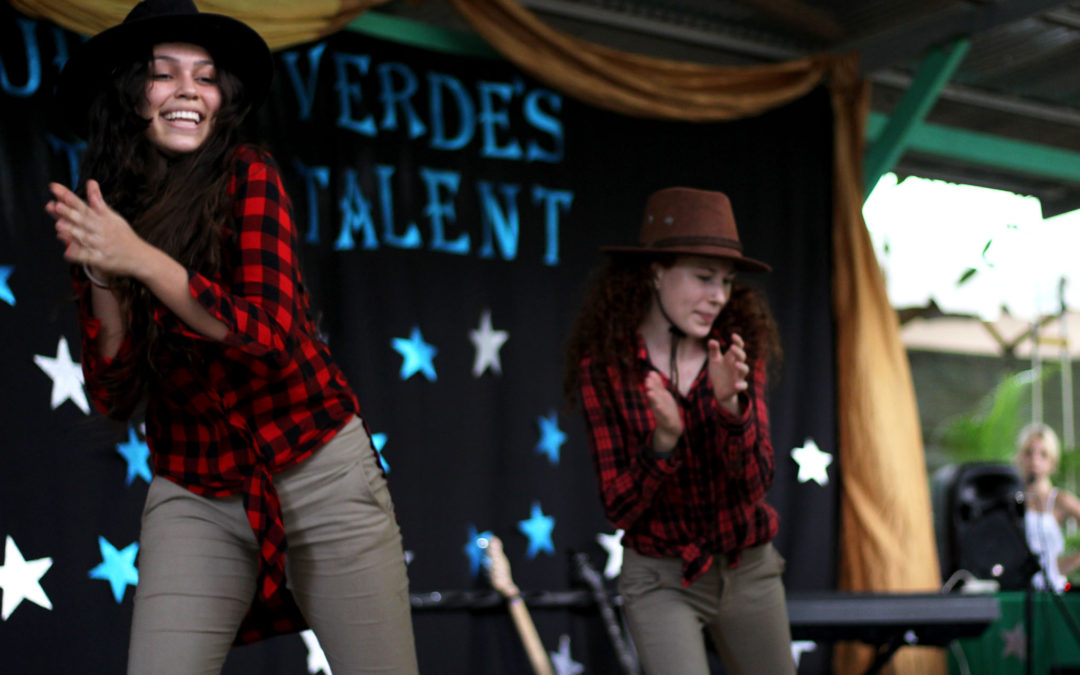
by Khalida Lockheed | May 25, 2019
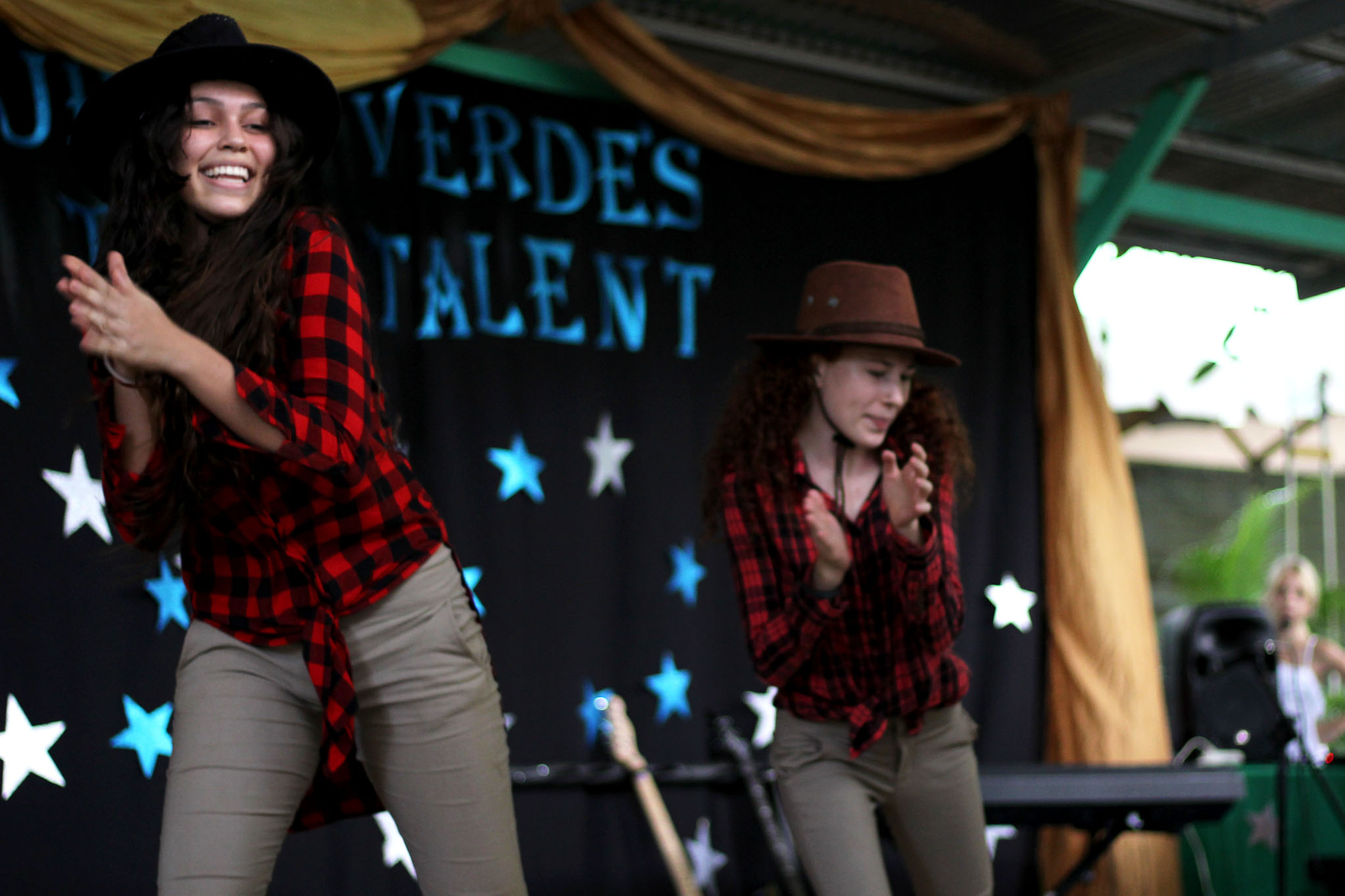
This year we anxiously await the third edition of Futuro Verde’s Got Talent, a week-long arts festival culminating on June 14th! The Talent Week, from June 10-14, begins with Literary and Visual Arts displays in the library and music room with submissions from students from preschool to graduating seniors. This is an opportunity for the entire Futuro Verde community to come together and take the time to enjoy and share the creativity of our talented student body. On Friday of Talent Week, our students will perform their talents at the Futuro Verde’s Got Talent Show, an all day event! We welcome the whole Futuro Verde community to join us for this fun, and sometimes surprising, show!
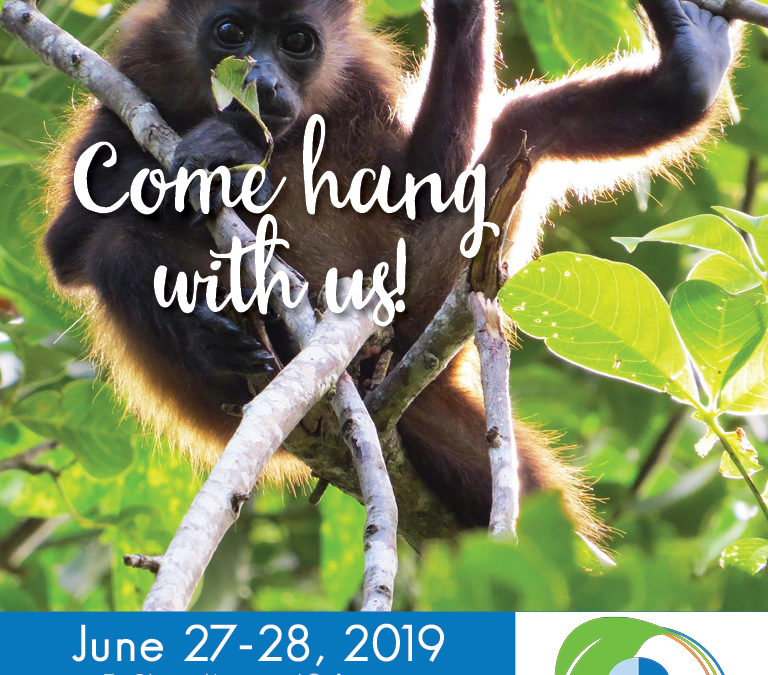
by Lural Ramirez | May 7, 2019
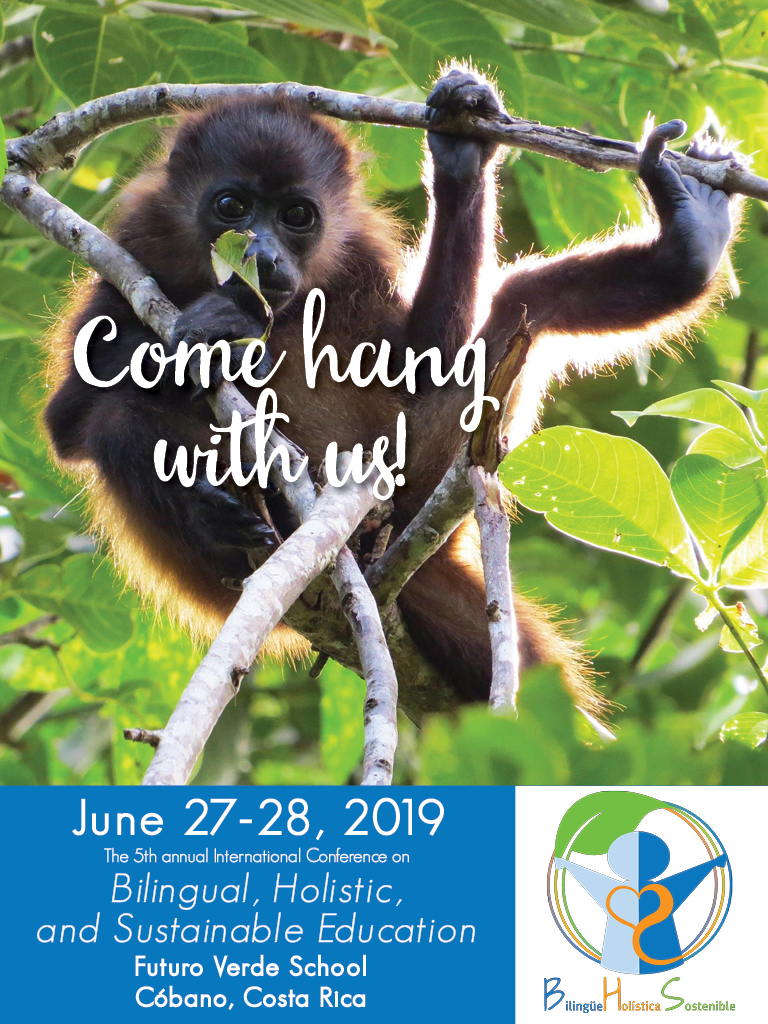
Have you heard about Futuro Verde’s annual education conference held on our campus on the last Thursday and Friday of June each year? Attendees from years past can attest to how unifying the conference is with attendance by educators, community members, parents and students from around the peninsula, Costa Rica and the world.
This year’s conference is gearing up to be another great experience! Click on the link below to register and read the flyer below for details on the basics of registering and getting involved in this year’s conference! And, don’t forget! Our Call for Proposals is currently open for submissions. If you are an educator or community member with something to share in the area of bilingual, holistic or sustainable education, submit your proposal today!
Registration Form
Call for Proposal
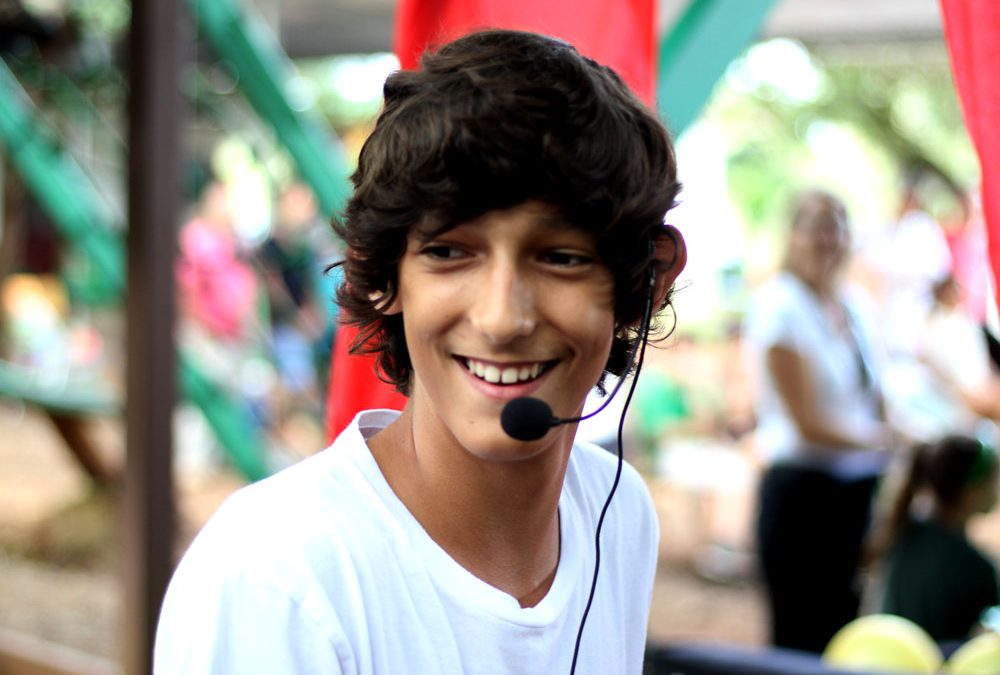
by Vidhi Gada | Feb 27, 2019
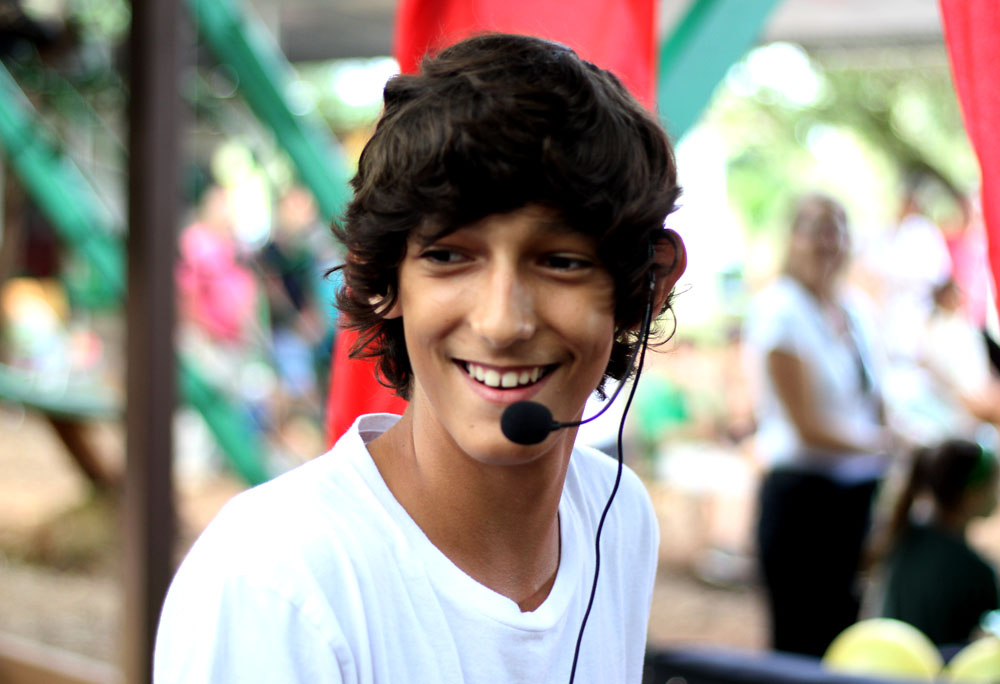
Futuro Verde has always valued learning from varied, practical, real-life experiences more than only learning from books. This is amply reflected in the number of innovative teaching and learning strategies used by all the teachers in the school as well as the extra-curricular after school clubs offered for students. We also believe that exposure to culture is one of the best lessons we can give our students.
To bring this philosophy further to life, we have undertaken a new endeavour – to host Open Mic nights on a regular basis! So many of our students are highly creative and talented. These Open Mic nights would be the perfect avenue for them to showcase their talents, and to hone them. Students are welcome to perform singing songs, slam poetry, performance poetry instrumental performances, stand-up comedy, Karaoke – the possibilities are endless!
In anticipation of this exciting event, we are pleased to announce the commencement of a new club – the Slam Poetry Club, held every Tuesday from 3:15-4:15, starting from 5th March. Please email vidhi@futuro-verde.org for more details.
To end, I’ll borrow the famous lines from Dead Poet’s Society, “ We don’t read and write poetry because it’s cute. We read and write poetry because we are members of the human race. And the human race is filled with passion. And medicine, law, business, engineering, these are noble pursuits and necessary to sustain life. But poetry, beauty, romance, love, these are what we stay alive for.”
Our first Open Mic night will be held in at the end of March. Start preparing your pieces, and keep watching this space for more updates!
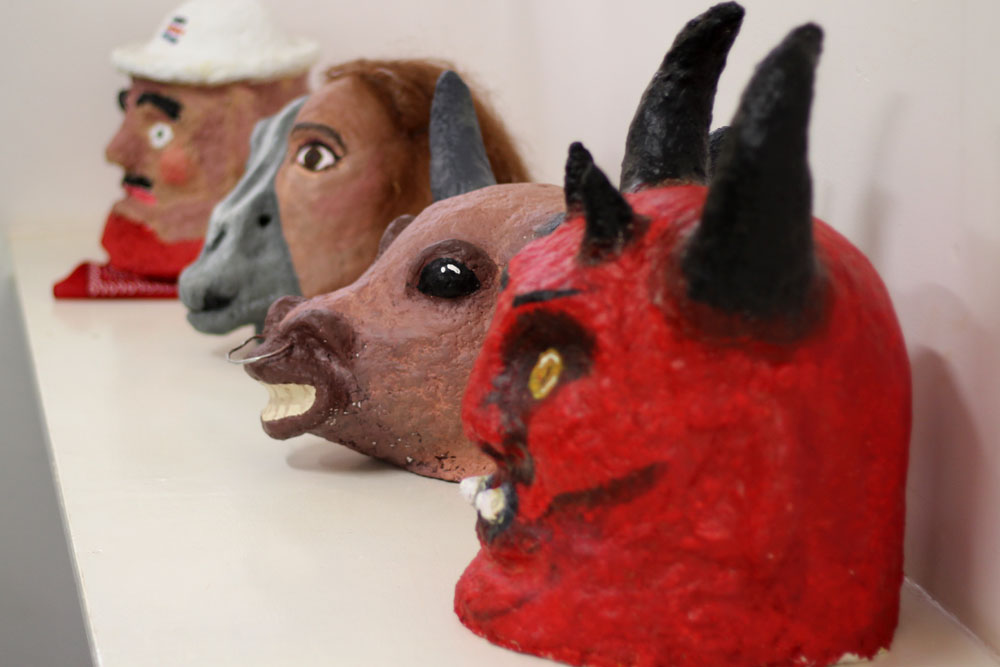
by Khalida Lockheed | Sep 18, 2018

Arts students from the 8th, 9th, and 10th grades have been exploring the Costa Rican traditions of masks and lantern, but with a twist!
Masks
Eighth graders made masks modeled on their faces and expressing some aspect of their personality or something which captured their interest. They ranged from patriotic to scary to a metaphorical emblem of life. Ninth and tenth grade visual art students learned traditional methods for creating large masks used for “mascarada”. They chose to portray traditional designs: the devil, a bull, a campesino, and La Segua. Their big discovery was the challenge associated with using traditional materials in such a wet climate and season: mold in a rainbow of colors!
Lanterns
While they created traditional “faroles” in their Civics and Social Studies classes, the high school visual arts students have had the opportunity to explore light as a medium for visual expression in art class, creating light sculptures. Eighth graders have been working on creating traditional reed and paper lanterns inspired by Asian lantern festivals and the light sculptures created by artist Stephen White. They contemplated their future goals and then abstracted forms for their lanterns based on visualizations of these goals. Ninth and tenth grade visual arts students went even further, using light to create sculptures through projections and site specific installations, as well as lanterns. They grappled with the concept of using light the same way an artists uses paint or clay. How can something as ephemeral as light be used to create a work of art? They came up with some interesting solutions and were inspired by the works of artists Margaret O’Rorke, Isamu Noguchi, Cai Guo-Qiang, Ai Wei Wei, and Yayoi Kusama.
These artworks and more will be on display at the Casa de la Cultura in Cobano on October 11th during our Culture Day Art Exhibition and Music Concert. We invite the whole community to join us in this cultural event!
Art and Music Festival
Our goals for the festival are:
- Offer a space for cultural exploration and celebration open to the entire peninsular community
- Exhibit works of art connected to the festival theme of Cultural Diversity
- Host a range of musical presentations
Projected participation during the festival:
- Musical presentation from Futuro Verde’s IB music program:
- Strings duet
- Trio
- Middle school band
- Musical presentation from all FV grades, prek through secondary
- Visual arts exhibit, gallery style, for students from the Futuro Verde IB visual arts program as well as students in preschool, primary and secondary at FV
Thank you for your support of arts in culture on the peninsula!










